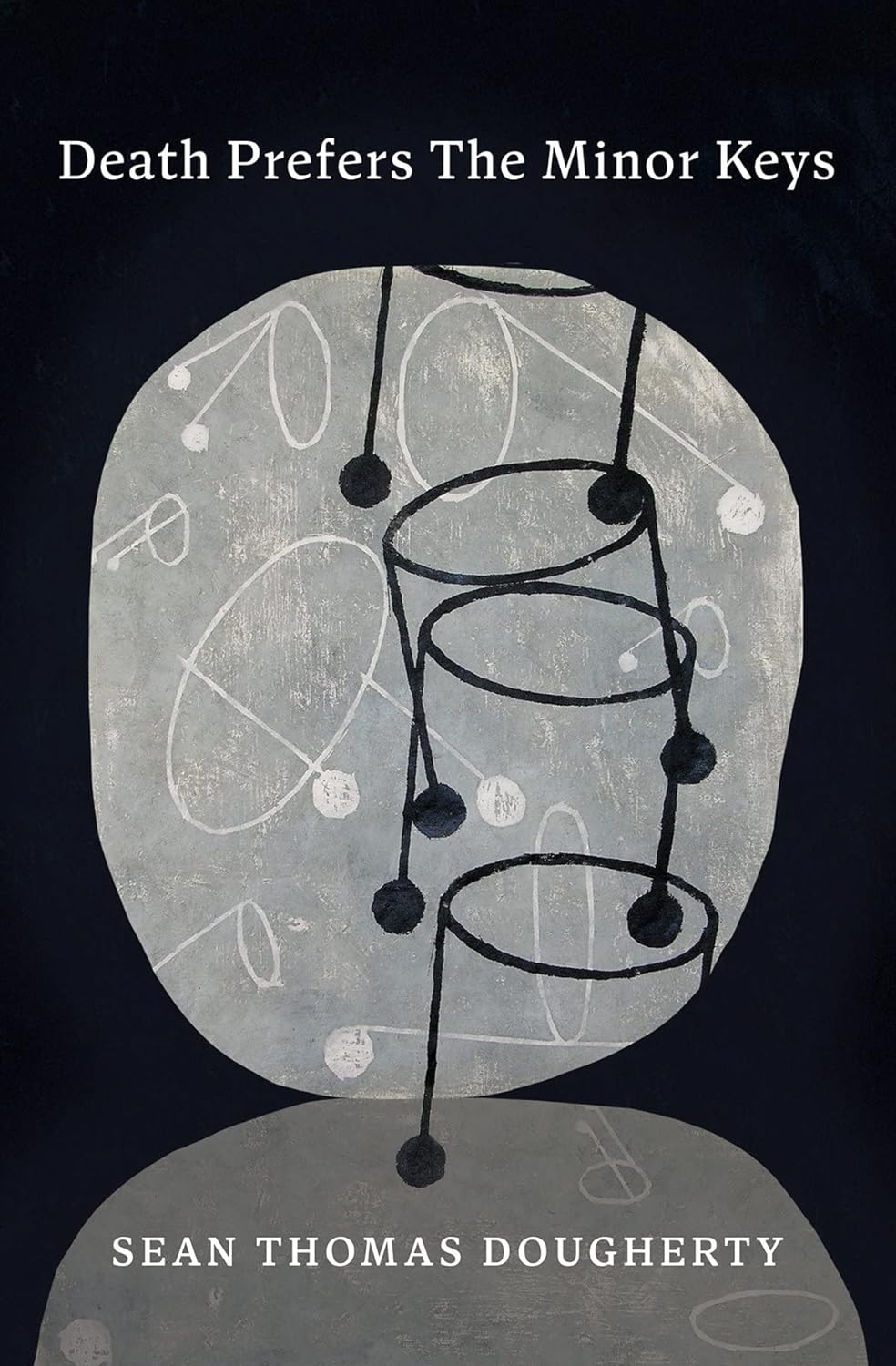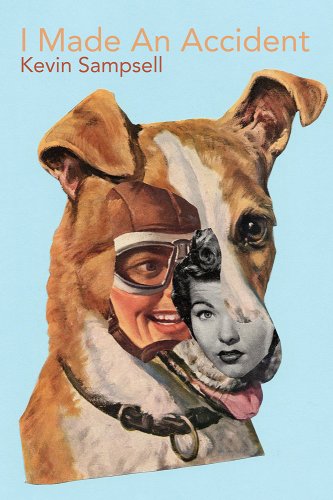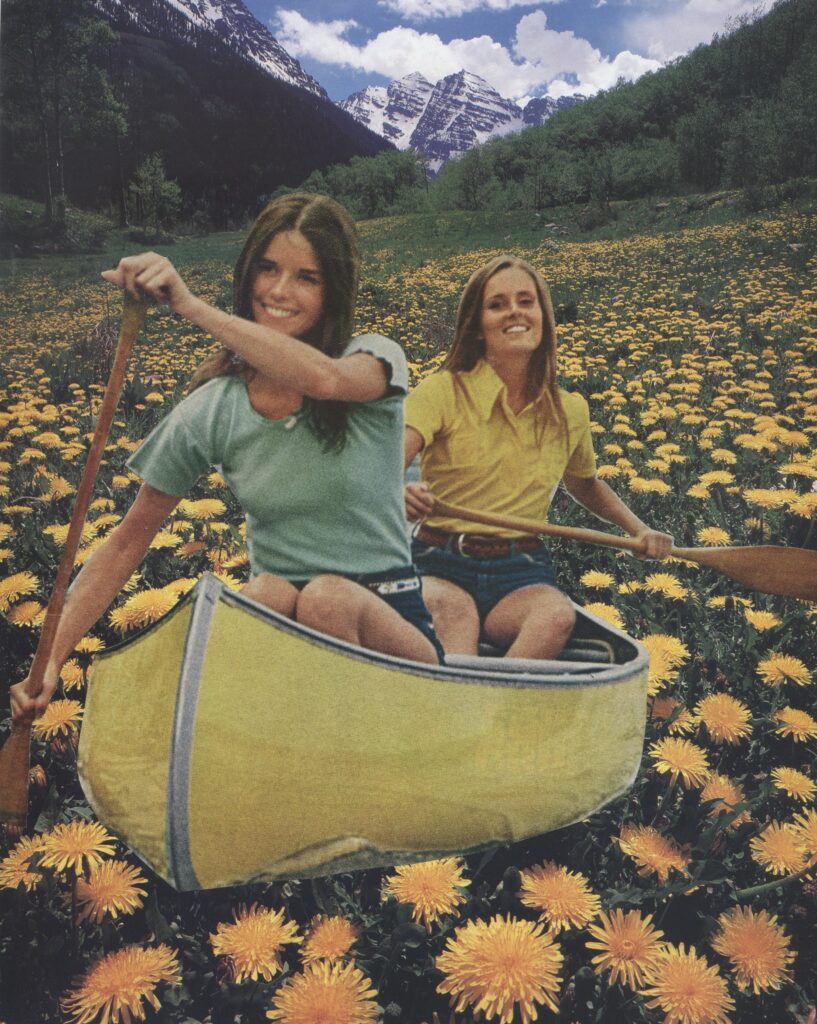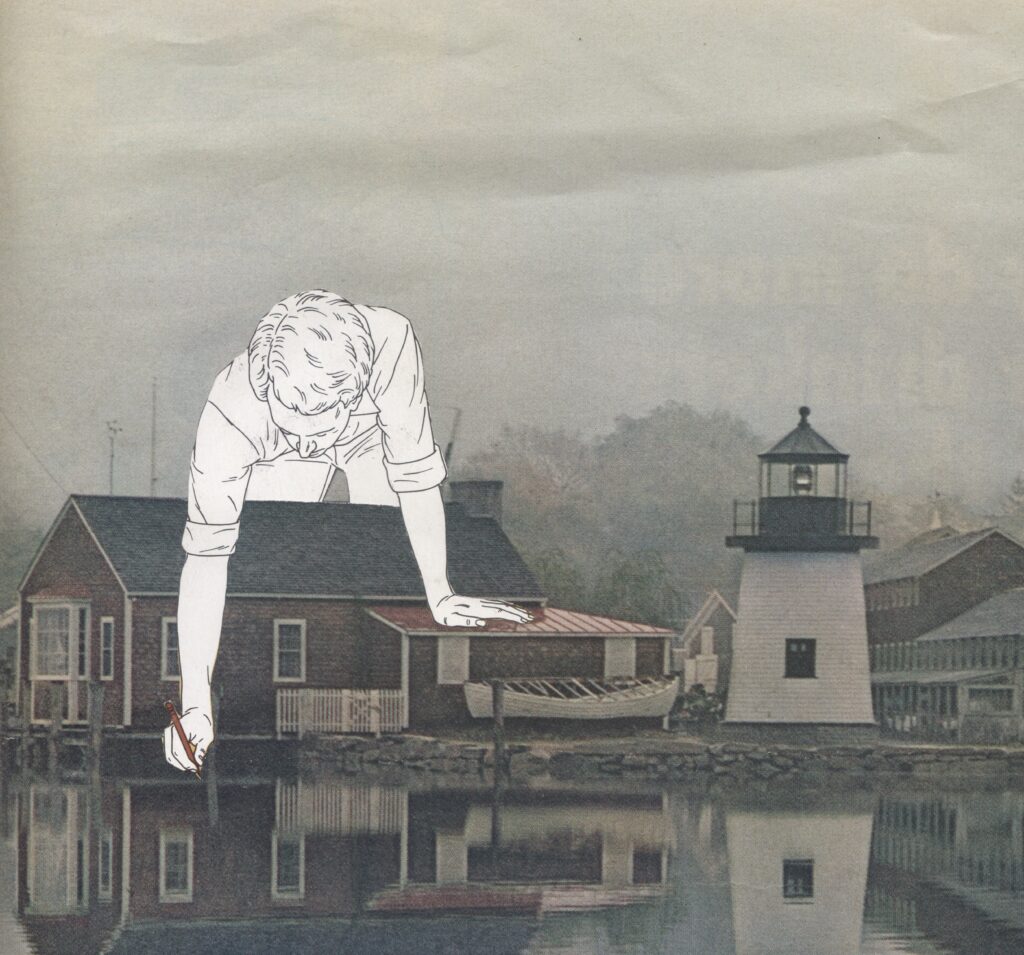Sean Thomas Dougherty
BOA Editions ($17)
The poems in Sean Thomas Dougherty’s Death Prefers the Minor Keys offer a meditation on life, death, and grieving. Languages undulate through the book, whether braille, Hebrew, or the asemic scribblings of his daughter: “I try to read the secret hieroglyphics. What does this say, I ask our daughter. She says, ‘It is a new language I have invented but it is still teaching me how to read it.’” These languages create a kind of divination to communicate with the world of the dead, as revealed in the collection’s final work, where Dougherty writes: “You are my nation. I only wanted to write poems to save you.”
Each poem seeks a language equipped to transgress the boundaries of the mortal world—especially the strange space that we inhabit with loved ones who have passed. To address that boundary, Dougherty redraws the meanings of intimacy and presence. Absence becomes the highest form of intimacy, or what one poem calls the “true shape of love,” and is able to rupture barriers of time and mortality and redefine human relationships in the process.
Dougherty also reimagines language as a veil through which our dead pass and are subsequently reimagined. In “Fugue Written on Unpaid Medical Bill and the Backs of Old Menus,” the poet transforms into a heron and follows a fish swimming below the water’s surface, trying to “find a language to translate . . . the ripples of the veil. Ginsberg said he wanted to do with language what Cezanne did with paint: to capture light on objects.” Between the transformation into the heron and the identification with its prey, Dougherty moves beyond a discourse on grieving and into a mythos of it, postulating that communication between the two worlds is not only possible but necessary.
Death Prefers the Minor Keys eventually translates this life-death relationship into musical terms: If the living are the major keys in a musical scale, the dead are the minor keys, the notes that construct blues and jazz. Music saturated with the dichotomy of loss and gain, as Dougherty might say, keeps us in touch with the dead. In “The Dead Who Return as Animals,” pets owned by the grieving are incarnated—“what we didn’t spend in this life goes inside them, and then they find their people again, that light guides them”—and absence is a “leash of longing we use to pull them back to us, to fully receive all their unremittent tongue lapping love.” The image of light reoccurs in this poetry’s discourse of divinity as a mucilaginous substance that leaks from objects and people; the grieving self experiences life in an altered and almost ecstatic state of being.
One of the more curious elements of Death Prefers the Minor Keys is the speaker’s place in the lives of others; whether transported into a portrait in the room of a clinically ill patient or absorbed by the “miasma” of a crowd of people around him, joy becomes present when the dead and the living are most comfortable with each other. For example, in “People Ask Me if I Get Tired of Writing About Your Illness,” the poet describes the presence of his dead wife while sitting at a restaurant:
I can feel your eyes as if you are touching me. You are able to eat the asparagus with butter, the sauteed saffron chicken. We speak in the old tongue. As you talk, the couple next to us falls into a daydream of their childhoods. The waiter hears the lullaby of his dead mother. The cooks begin to sing. All my ancestors spoke impossibly difficult languages. Always your hand in the absence of your hand.
In this poem, there is not a linear passage of life to death, but a gradual realization of death’s presence in life. The scene succeeds not because it is surreal, but because it is mundane. One of the charms of Dougherty’s writing is how surreptitiously he ushers readers into such a radical perspective. A repeated phrase in this collection, “there can never be one hundred percent lack of joy,” reiterates his ultimately reconciling message: if the dead are always with us, their joy remains also.
Click below to purchase this book through Bookshop and support your local independent bookstore:
Rain Taxi Online Edition Spring 2024 | © Rain Taxi, Inc. 2024




